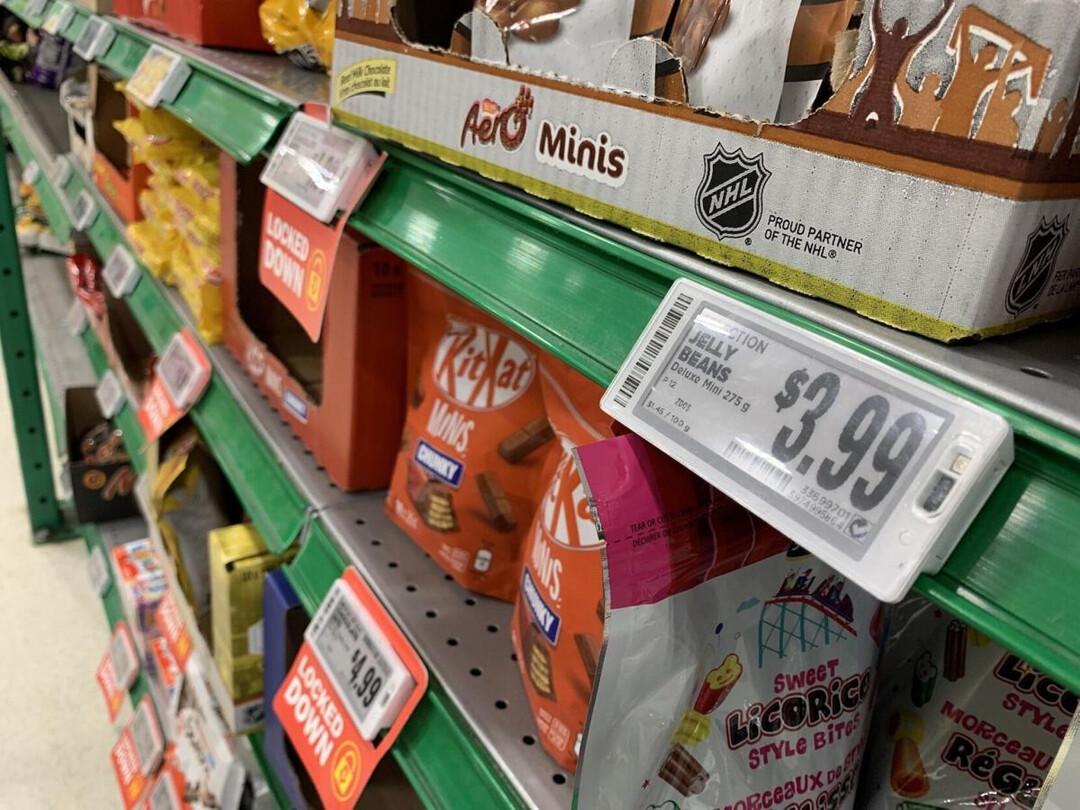
Phoenix, Arizona — A bill proposed by an Arizona state lawmaker to ban the use of digital price tags in the state is sparking debate and raising concerns about potential dynamic pricing practices.
State Representative Cesar Aguilar has voiced fears that digital price tags could lead to dynamic pricing, a system that could disadvantage consumers. "The fact that prices can change instantaneously means that there is an immediate impact on individual consumers," Aguilar stated.
Representative Aguilar also expressed significant concern over the potential job losses for local residents who currently handle the task of updating traditional paper price tags. "Ultimately, digital price tags will reduce opportunities for community members to work in grocery stores," he emphasized.
Meanwhile, digital price tags are becoming increasingly prevalent. Retail giant Walmart posted a video on its website last year promoting the technology and announced plans to introduce digital price tags in 2,300 stores by 2026.
A Walmart spokesperson, in an interview with local media, confirmed that "a number" of their stores in Arizona have already installed digital price tags. "We do not engage in surge pricing. This is about efficiency and accuracy," the spokesperson clarified.
The bill introduced by Representative Aguilar has not yet been reviewed, but the discussion surrounding digital price tags is gaining traction nationwide.
Last summer, Senators Elizabeth Warren and Bob Casey sent a letter to Kroger, a major supermarket chain, requesting information about its use of electronic shelf labels. In their letter, they expressed concern that "these digital price tags could allow Kroger and other large grocers to engage in 'dynamic pricing'—raising the price of necessities based on the time of day, the weather, or other temporary events." They further warned that "the widespread adoption of digital price tags could lead to large grocery stores squeezing consumers to boost their profits."
Kroger and Albertsons did not respond to requests for comment regarding the proposed legislation in Arizona. Kohl's, another retailer reportedly using digital price tags, also remained silent when contacted by local media.
Dynamic Pricing: Dynamic pricing refers to a strategy of adjusting the prices of goods or services in real-time based on various factors such as demand and supply, time, and competitive conditions. It is commonly found in industries like airlines, hotels, and online marketplaces, and there are emerging moves to consider its adoption in the grocery sector. Consumers have raised concerns about potentially paying higher prices during specific times or under certain conditions.
Job Loss Concerns: The introduction of digital price tags has raised concerns within the labor sector about the potential reduction in the need for personnel who manually replace and manage price tags. This is particularly concerning in the context of the increasing automation trend in the retail industry, which could exacerbate job insecurity.
Consumer Protection: The debate over digital price tags and dynamic pricing includes the critical issue of consumer protection. There is a growing call for establishing regulatory mechanisms to ensure price change transparency and prevent unfair pricing practices, allowing consumers to make predictable and rational purchasing decisions.
International Examples: Some countries have already widely adopted digital price tags, and it is necessary to examine consumer responses and regulatory movements in these regions. Analyzing international cases can provide insights into the advantages and disadvantages of digital price tag implementation and help establish policy directions suitable for domestic situations.
The push to ban digital price tags in Arizona is expected to ignite an important discussion about finding a balance between technological advancement and consumer protection.
[Copyright (c) Global Economic Times. All Rights Reserved.]






























